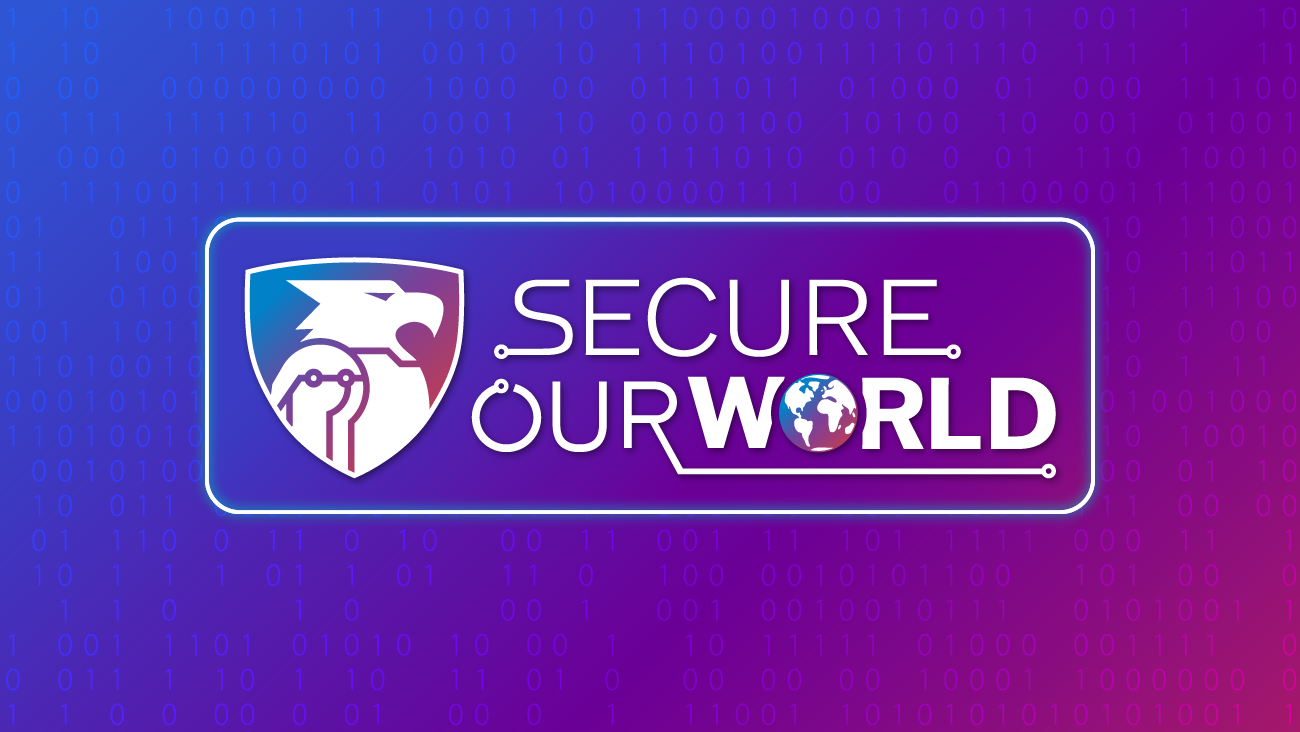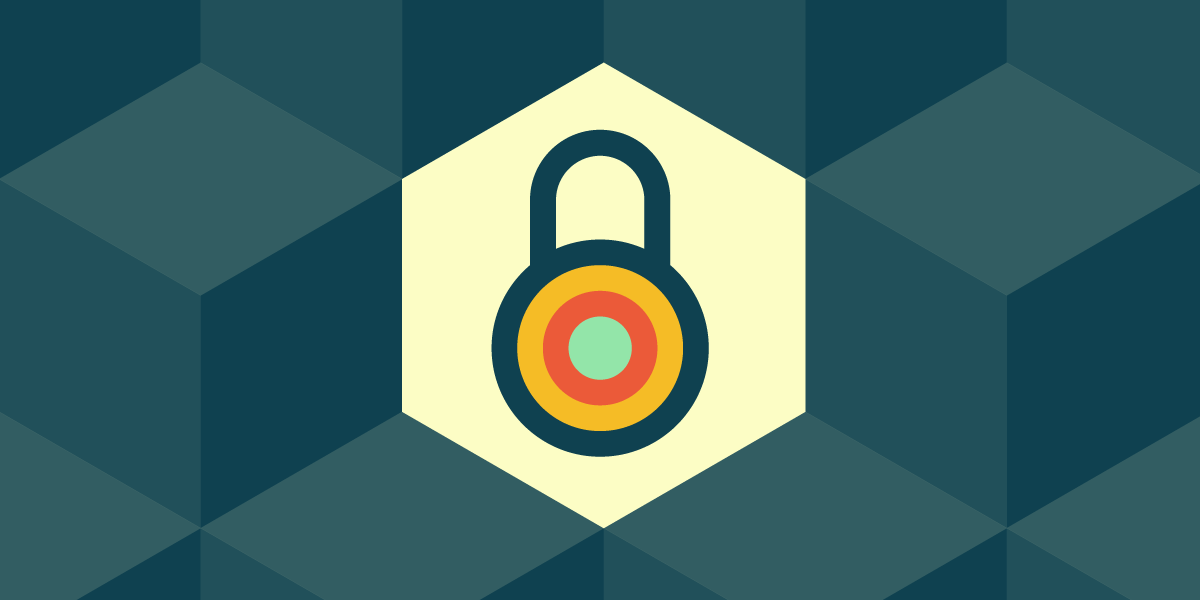Privacy
New technologies are radically advancing our freedoms, but they are also enabling unparalleled invasions of privacy. National and international laws have yet to catch up with the evolving need for privacy that comes with new digital technologies. Respect for individuals’ autonomy, anonymous speech, and the right to free association must be balanced against legitimate concerns like law enforcement. EFF fights in the courts and Congress to maintain your privacy rights in the digital world, and works with partners around the globe to support the development of privacy-protecting technologies. Your cell phone helps you keep in touch with friends and family, but it also makes it easier for the government to track your location. Your Web searches about sensitive medical information might seem a secret between you and your search engine, but companies like Google are creating a treasure trove of personal information by logging your online activities, and making it potentially available to any party wielding enough cash or a subpoena. And the next time you try to board a plane, watch out—you might be turned away after being mistakenly placed on a government watch list, or be forced to open your email in the security line. Several governments have also chosen to use malware to engage in extra-legal spying or system sabotage for dissidents or non-citizens, all in the name of “national security.” As privacy needs evolve, so too should our regulatory regimes. National governments must put legal checks in place to prevent abuse of state powers, and international bodies need to consider how a changing technological environment shapes security agencies’ best practices. Above all, we need to respect the rights of autonomy, anonymity, association, and expression that privacy makes possible, while also taking into account legitimate law enforcement concerns. Read our work on privacy issues below, and join EFF to help support our efforts. For information about the law and technology of government surveillance in the United States check out EFF’s Surveillance Self-Defense project.









